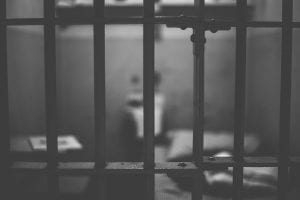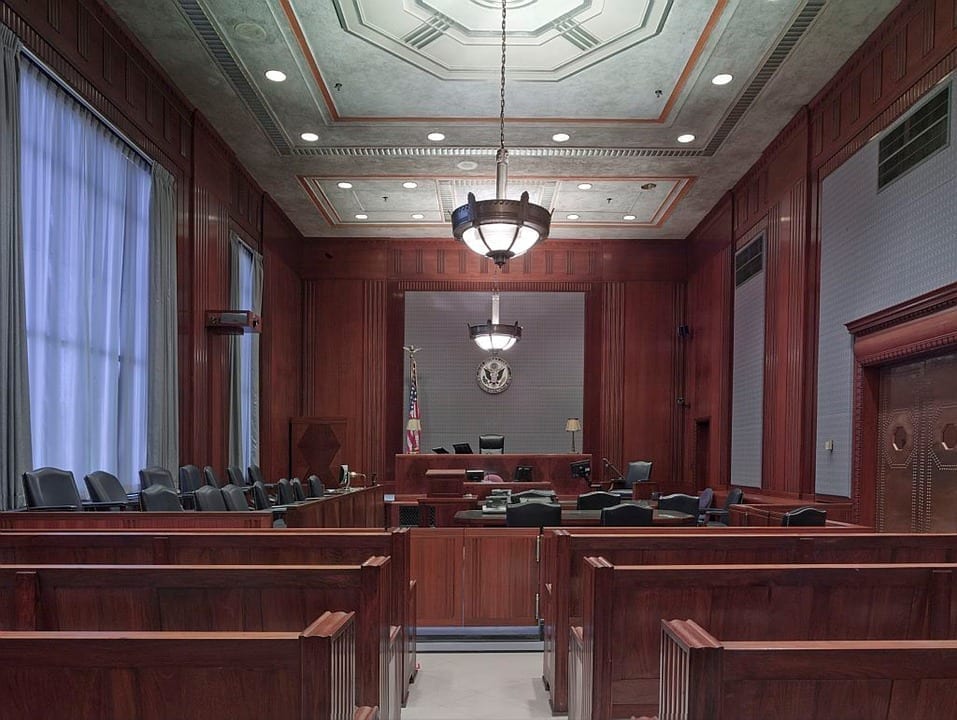For people around the world, life is full of unknowns right now. It’s not clear when daily operations can go back to normal. This is especially true for those awaiting criminal trials.
Among different industries and institutions around the globe, daily operations have been suspended due to COVID-19. Trials are being postponed out of concern that in-person hearings may allow the virus to spread. Since a pandemic has not happened for nearly 100 years, there are few rules in place to anticipate such an event. The court system has been struggling to adapt to the new regulations. In light of this, thousands of trials have been suspended. But what does this mean for those who are awaiting their court cases?
It can be confusing to understand the charges that are placed against an individual; there are different types of criminal fraud, from money laundering to tax evasion. Regardless of the criminal charges that someone is accused of, they still need a fair trial. These delays violate the Sixth Amendment, known as the Speedy Trial Act, which promises citizens a fair and quick trial. If a criminal case is not resolved within a set time frame (usually 30 days), it can result in the case being dismissed. Other laws state that citizens should not face unnecessary delays concerning criminal cases. Due to the pandemic, both of these federal laws have been violated. Juries are suspending these deadlines but this comes at the cost of keeping accused persons in jail with no end in sight. The right to a speedy trial has been bypassed and no longer applies during the pandemic, which infringes on the rights of those with criminal cases.
Keeping accused persons in jail while their trials are suspended may, inadvertently, worsen the pandemic. Hearings are being postponed to maintain physical distancing, which results in a greater jail population as many people await their trails. More people kept in cells can amplify the spread of COVID-19. Attempts to contain the spread of the virus by delaying trials may actually worsen it. It makes the right to a speedy trial more important than ever – unfortunately, many are being denied this right, and it’s uncertain when it will be reinstated.
To reduce the spread of the virus, different jurisdictions are holding audio conferences or video conferences in place of courthouse trials. These guarantee the safety of all participants involved. If your court case has been suspended, then it may have to take place via the Internet. This brings unique challenges when judging a case. Improper lighting can make a person look inhumane, and a poor Internet connection can interfere with their defense. Audio calls make reading body language impossible – this poses several challenges for defense lawyers who want to communicate with their clients. How can they speak to them privately when the judge, attorney, criminal lawyer, and defendant are all on the same call?

Those who are awaiting trials have been required to remain in prison until a later date, which is yet to be determined. This is a stressful occurrence because the future is uncertain, and it’s not clear when regular proceedings can resume. It might take weeks, or years. Court officials are trying to balance public health, safety, and human rights – but there are no clear answers to this juggling act. People accused of crimes are being held in jail cells, and many will opt for a plea deal just to be set free.
Another factor that can affect your case is civil vs common law. These legal systems are used in different countries and have different proceedings. A civil law case will be judged based on rules, principles, and codified statutes. Common law is based on precedent; rulings of past cases are referenced in current court cases. It’s the legal system that’s used in the United States. Common law courts require a jury to be present for criminal trials, which poses unique challenges since the outbreak of COVID-19. A trial requires a judge, a jury, a prosecuting attorney, a defense lawyer, and witnesses. It’s problematic for all of these people to gather in a courthouse at this time due to physical distancing measures. Large gatherings that exceed the restrictions pose a threat to communities. Calling groups of citizens in for jury duty, for example, has been deemed irresponsible. This means that many court cases take place over video conferences which are invisible to public scrutiny – this poses certain ethical dilemmas.
If your case has been suspended, you can take advantage of the delay. It allows your side to find evidence and develop your case. You can also get more time for an appeal. If you are facing serious charges, you will have additional time before they are sent to a jury. Your defense lawyer can create more flushed-out arguments for your case.
For people around the world, life is full of unknowns right now. It’s not clear when daily operations can go back to normal. This is especially true for those awaiting criminal trials, especially if they are being held in jail. The pandemic is becoming more than a health issue – it’s now also a human rights issue.


Join the conversation!